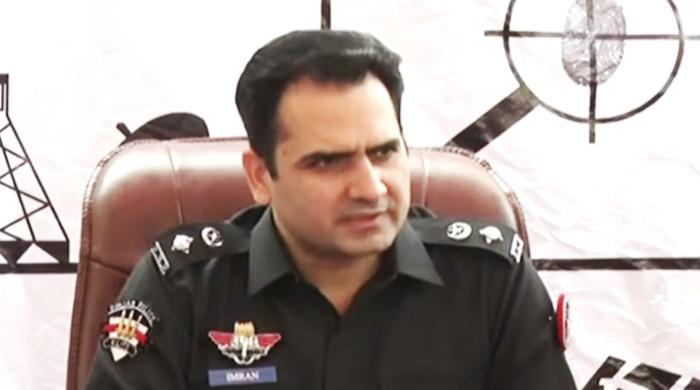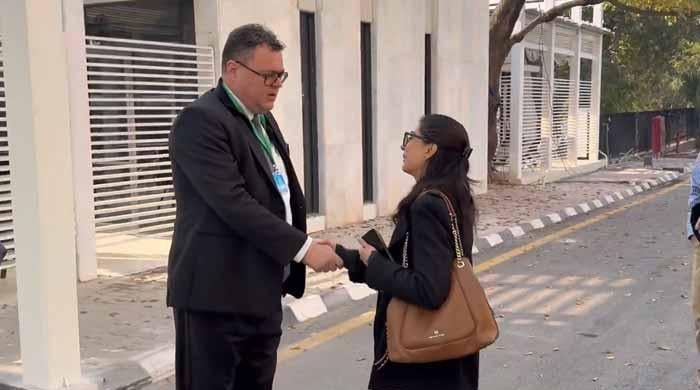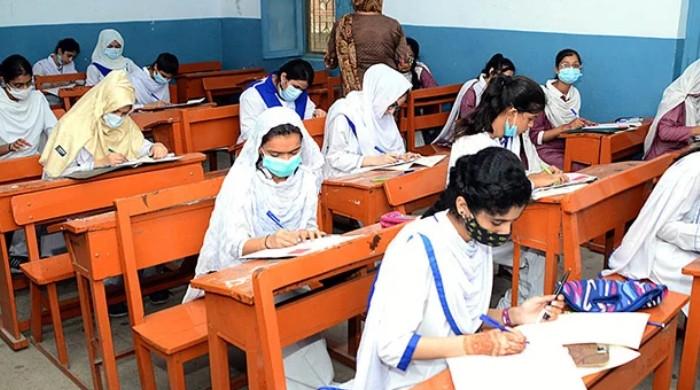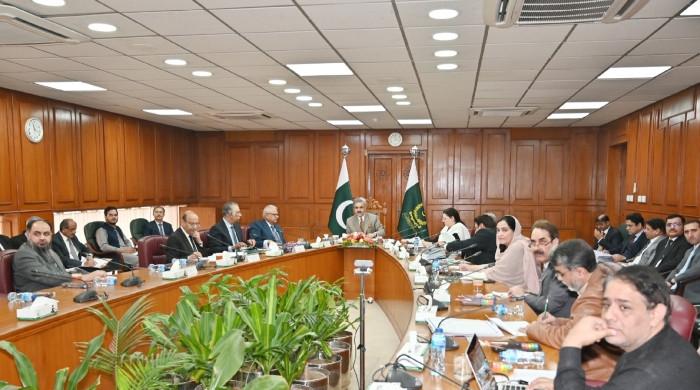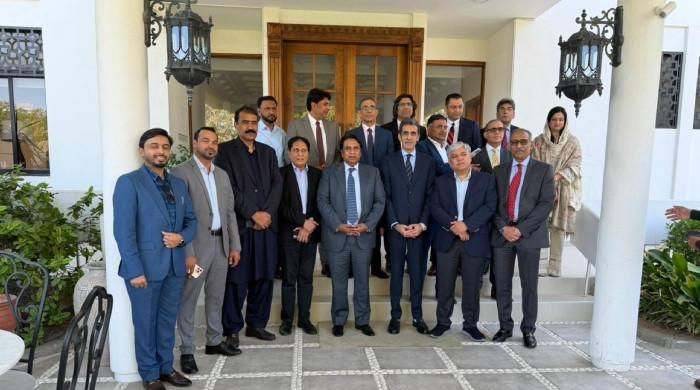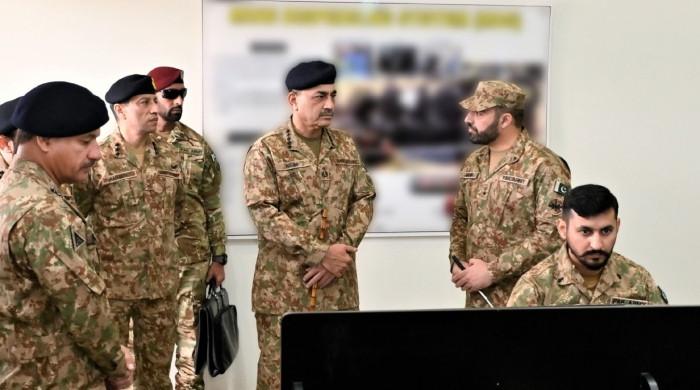Contempt case: ECP summons Fawad Chaudhry in person
At next hearing on June 6, commission will decide whether or not to issue a show cause notice to PTI leader
May 23, 2023
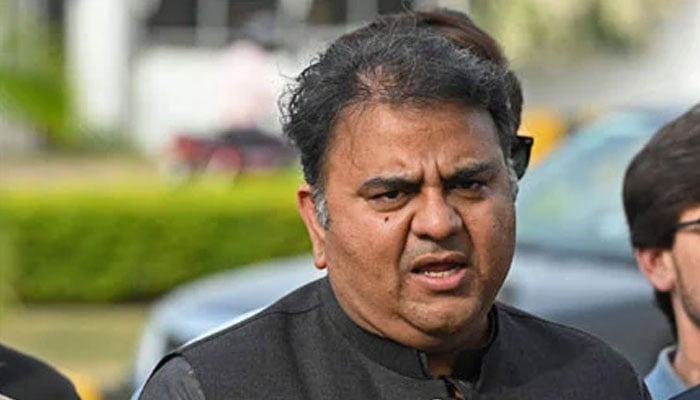
The Election Commission of Pakistan (ECP) on Tuesday summoned Pakistan Tehreek-e-Insaf (PTI) Senior Vice President Fawad Chaudhry to appear before it in person on June 6 in a case pertaining to contempt of the election body and its head.
A four-member bench headed by the Chief Election Commissioner (CEC) Sikandar Sultan Raja heard the contempt case against PTI’s leader.
During the course of proceedings, his counsel Faisal Chaudhry appeared on behalf of the PTI leader. The lawyer informed the ECP that his client was in the Lahore High Court (LHC) and it was difficult for him to appear at two places at a time.
Meanwhile, the CEC directed the PTI leader to appear before it in person at the next hearing. The CEC said that at the next hearing, the electoral body would listen to the arguments of Chaudhry and go through the reply submitted by him.
At the next hearing, the commission would decide whether or not to issue a show cause notice to Chaudhry.
The case
Last year, the top electoral body initiated contempt proceedings against the PTI leaders for allegedly using foul language against the chief election commissioner. It has served several notices on them, asking them to appear in person and explain their point of view.
However, the PTI leaders did not appear before the ECP and later challenged its powers to initiate contempt proceedings under Section 10 of the Election Act 2017 in different high courts.
Section 10 of the election act states that the “election commission may exercise the same power as the high court to punish any person for contempt of court and the Contempt of Court Ordinance, 2003 (V of 2003), or any other law pertaining to contempt of court shall have effect accordingly[…]”
Earlier this year, the ECP filed a petition with the Supreme Court, seeking consolidation of all six petitions before one high court. In its decision, the top court said the ECP had been allowed to continue proceedings under Section 10 against the PTI leaders, but it barred the electoral body from giving final orders.




